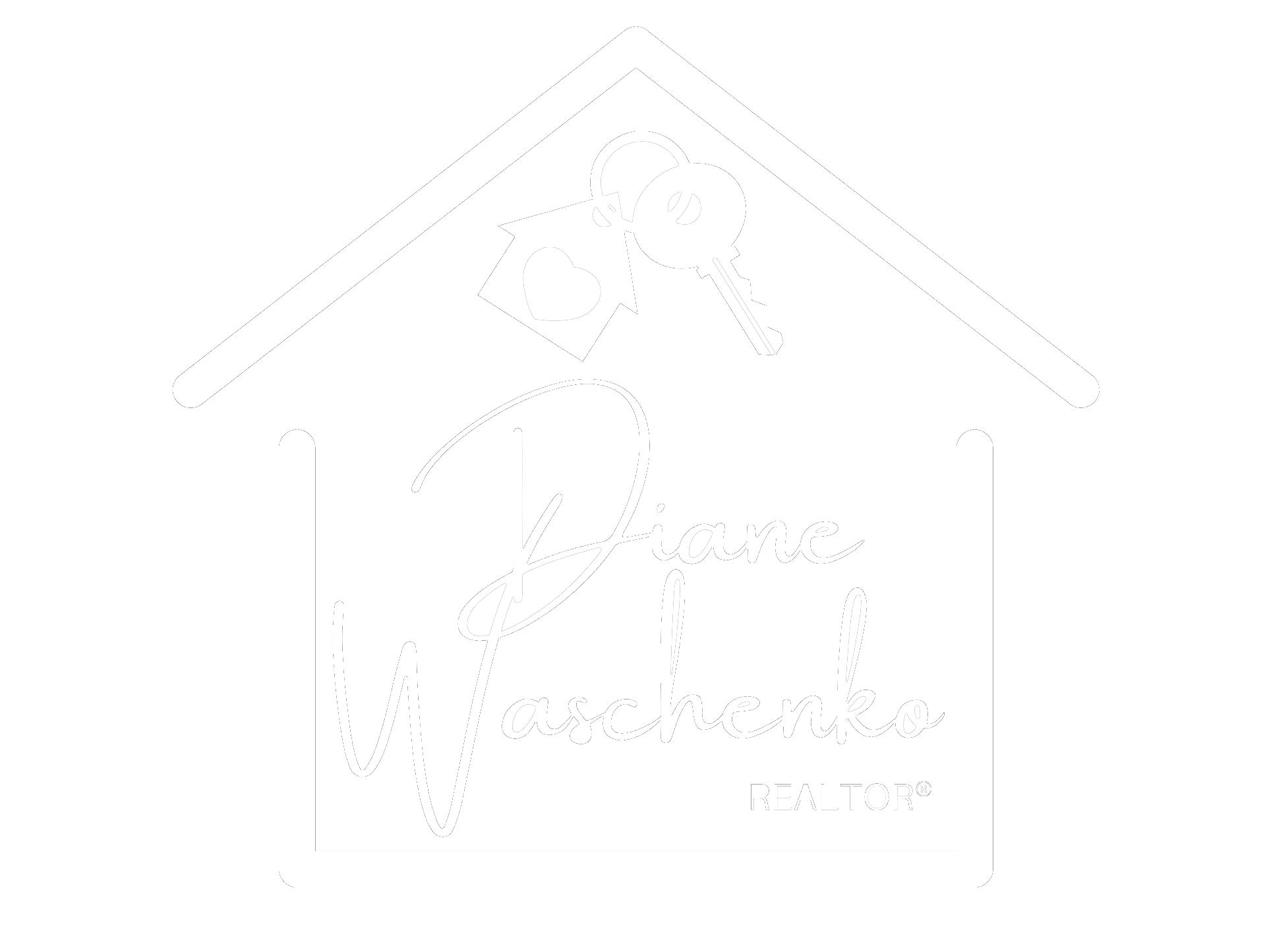Navigating the real estate market can be a daunting task, especially when it comes to making an offer on a house. Should you go below or above the asking price? This question plagues many potential homebuyers as they seek to balance getting a good deal with ensuring their offer is competitive, particularly in hot markets. Understanding the intricacies of offer strategies can be the key to unlocking the door to your future home.
When considering how much to offer on a house, the first step is to assess the current real estate market conditions in your desired area. In a buyer’s market, where supply exceeds demand, you may have more leeway to offer below the asking price. Sellers in such markets are often more willing to negotiate, as properties may stay on the market longer. Providing a lower offer in this context, especially if backed by solid reasoning such as comparable sales data or the property’s condition, can lead to successful negotiations. However, it’s crucial to avoid lowballing to the extent that it offends the seller and closes the door on potential discussions.
Conversely, in a seller’s market, where demand outstrips supply, offering above the asking price can sometimes be necessary to stand out among multiple bids. In these scenarios, it’s vital to understand just how much over you should go. This decision should be informed by several factors, including how much you desire the property, your budget, and the home’s appraised value. Paying significantly over the appraised value could lead to challenges securing a mortgage, as lenders will only cover up to the appraised value, potentially leaving you to cover the difference. Therefore, it’s advisable to include an appraisal contingency in your offer, which allows you to renegotiate or withdraw your offer should the appraisal come in below the purchase price.
Moreover, your offer should not solely be about the price. Terms such as the closing date, contingencies, and earnest money can also make your offer more appealing to sellers. In competitive markets, buyers may also write personal letters to sellers, sharing why the home is perfect for them in an attempt to connect on a personal level. Ultimately, the decision to go above or below the asking price should be made with careful consideration of the market conditions, the specific property, and your financial situation.
Determining how much to offer on a house is a nuanced process influenced by market conditions, the property itself, and your circumstances. Whether you decide to go below or above the asking price, your offer should be strategic, considering both the price and terms that align with your interests and the realities of the market. With thorough research, a clear understanding of your budget, and professional advice, you can craft an offer that is both competitive and in line with your real estate goals.
Consulting with a real estate agent who has in-depth knowledge of the local market can provide invaluable guidance in making this critical decision. Let’s talk! Contact me, Diane Waschenko, at 914-447-5847.
